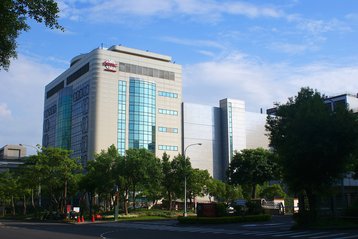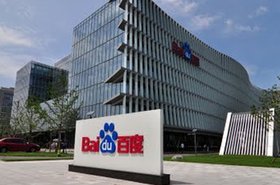Production at TSMC’s $40 billion semiconductor fabrication plants in Arizona has been delayed once again, the latest in a succession of issues that have plagued the site since it was first announced in 2021.
What started as a single $12 billion site to develop 5nm chips has now become a $40bn project to build two plants for the production of more advanced 4nm and 3nm semiconductors. Then, in July last year, the company announced it would be pushing back the production timeline for its 4nm chips at the site from 2024 to 2025, citing issues around sourcing the necessary talent.
Speaking to analysts yesterday (January 18) after the company posted its financial results for the fourth quarter of 2023, TSMC chairman Mark Liu admitted that production at the second, more advanced, fabrication plant wouldn’t be starting in 2026 as originally proposed.
Instead, he said the site wouldn’t be operational until 2027 or 2028, and partially walked back on TSMC’s investment plan to build 3nm processors at this second fab.
“The second fab shell is under construction. But what technology [will be] in that shell is still under discussion, and I think that also has to do with how much incentives… the US government can provide,” Liu said.
Negotiations between TSMC and the US government regarding subsidies the company would be eligible for under the CHIPS and Science Act have “proven challenging”, according to a report from the Wall Street Journal, that said there was an ongoing disagreement around the value of financial support the company would receive.
Alluding to TSMC’s ongoing struggle to source talent in the region, Liu also said that the company was working with the Arizona Building and Construction Trade Council to provide “enhanced workforce training and development” for the local workers it was committed to hiring.
The updates from Liu come after he announced his retirement from TSMC last month, ending a 30-year spell at the company. Having joined in 1993, Liu has held the position of chairman since 2018, replacing founder Morris Chang when he retired that same year. The board has recommended that Lui is replaced by the company’s current CEO and vice chairman, C.C. Wei.
TSMC expects AI-driven double digit revenue growth in 2024
In the final quarter of 2023, TSMC saw its revenue decline 1.5 percent year-on-year, to 625.5bn New Taiwan dollars, ($19.6 bn). However, the company said it expects to see “low-to-mid 20 percent” revenue growth in 2024, citing the increasing demand for chips that can support AI workloads.
The company’s new fab in Kumamoto, Japan which will utilize 12 and 16nm, and 22 and 28nm, process technologies, is due to open in February of this year and Liu told analysts the company was considering building multiple fabs for the production of 2nm technologies in both Hsinchu and Kaohsiung science parks in Taiwan.
A plant in Germany, where TSMC has committed to investing €3.5 billion ($3.8bn) in building a Dresden factory, will be the company’s first European facility.






